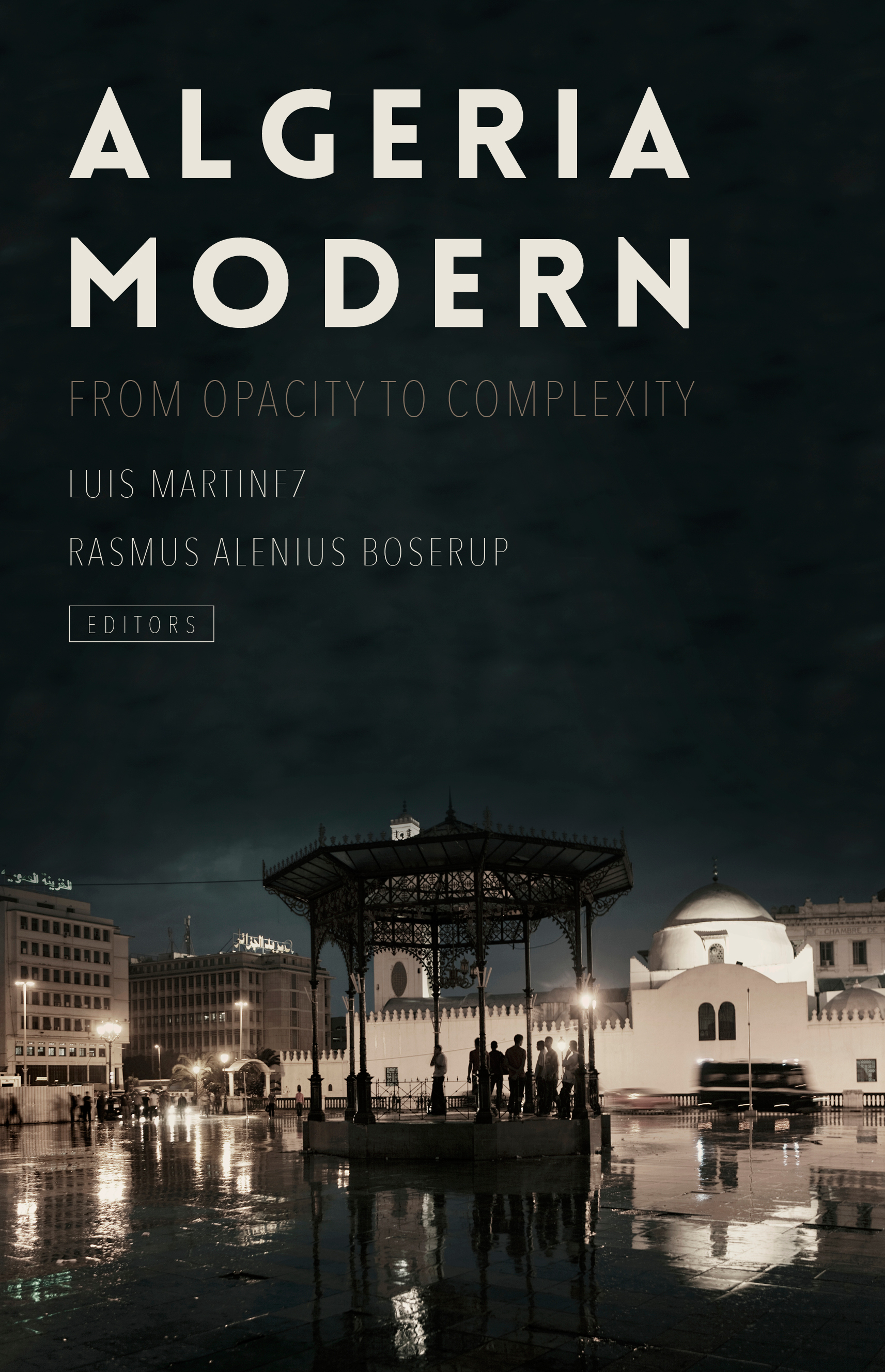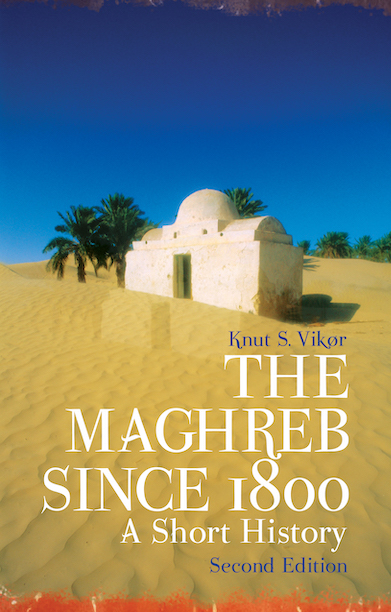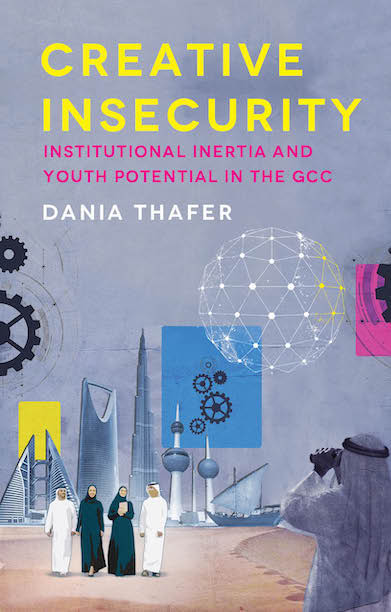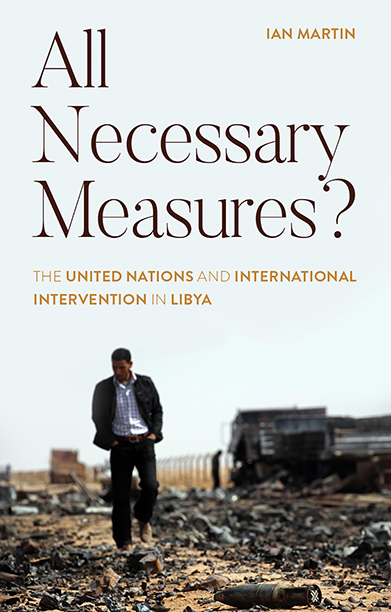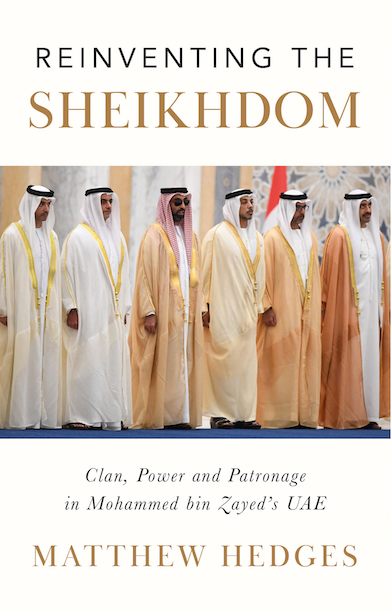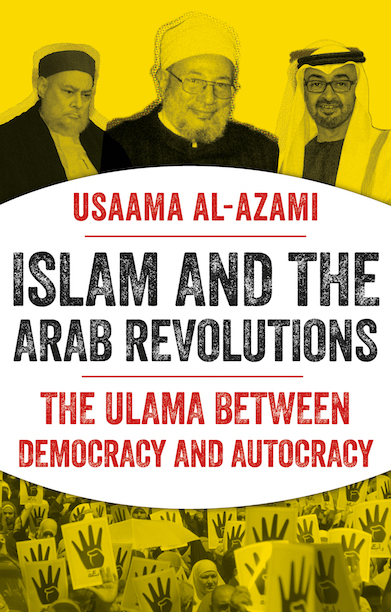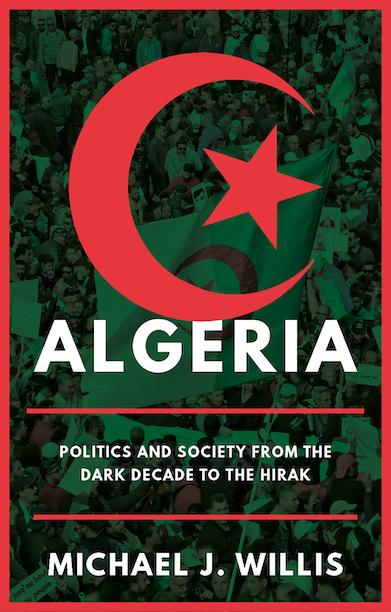Algeria Modern
From Opacity to Complexity
Part of the CERI/Sciences Po. seriesBuffeted by the Arab spring, Algeria stands out as a more stable exception to broader trends in the Middle East. Will this endure?
Description
Spared by the Arab revolts, Bouteflika’s Algeria continues to intrigue observers. How does its political system function? Who really governs? Who are behind the protests? How strong are the Islamists? Are there alternatives to dependence on hydrocarbons? And how will the regime securitise its vast and unstable Sahara hinterland?
Algeria has been depicted for many years as politically opaque, incomprehensible, and under the control of powerful, occult-like intelligence agencies. While these caricatures are all partly true, they understate how much the country has changed since the 1990s. Algeria today is complex, and challenging to comprehend; but it is no longer opaque.
Algeria Modern analyses the complexity of state and society and the strategies that social and political actors employ. It demonstrates how interest groups that constitute the core of the regime are linked to both the security and business sectors, which while defending their turf and united by shared values are in perennial competition.
Reviews
‘This book is timely and significant. It both reveals how Algeria has changed since its civil war in the 1990s and how scholars now interpret North Africa’s most important country. The contributors, moreover, are acknowledged specialists of the country, or have recently completed research there, and so are ideal guides to its evolving complexities.’ — George Joffé, Lecturer in the Department of Politics and International Studies, University of Cambridge, and editor of Islamist Radicalisation in North Africa
‘An extremely timely book that addresses comprehensively one of the least known and understood countries in the Arab world, just as it enters a new period of political and economic change. The contributors provide important insights into how Algeria emerged from its traumatic experiences of the 1980s and 1990s and the lessons this provides for the tumult the Arab world is currently experiencing.’ — Michael Willis, Research Lecturer and Fellow, University of Oxford, and author of Politics and Power in the Maghreb
‘Algeria Modern contributes greatly to the literature on Algerian politics by offering a refreshing perspective and understanding of complex inter-relations and transformations in recent years. … It is therefore particularly timely for those interested in Algeria’s political trajectory to read Algeria Modern.’ — Africa at LSE Blog
‘This volume provides a judicious assessment of how the Bouteflika regime has demilitarized the Algerian polity without, however, altering the architecture of control. It provides a provocative reinterpretation of how politics and power in Algeria have evolved and yet remain the same despite the wholesale house cleaning of the intelligence service. A must-read for those interested in authoritarian resiliency.’ — John P. Entelis, Professor of Political Science, Fordham University, and author of, among others, Algeria: The Revolution Institutionalized
Editor(s)
Luis Martinez is a Senior Research Fellow at CERI Sciences Po in Paris. He has been Visiting Professor at Columbia University, New York (2000–2001) and at the University of Montréal (2007–2008). A political scientist and a specialist on the Maghreb and the Middle East, his books include The Algerian Civil War, 1990–1998, The Libyan Paradox, The Enigma of Islamist Violence (co-edited with A. Blom and L. Bucaille), and The Violence of Petro-Dollar Regimes: Algeria, Iraq and Libya.
Rasmus Alenius Boserup is Senior Researcher at the Danish Institute for International Studies, Copenhagen. He holds a PhD in Arabic and Middle East Studies from the University of Copenhagen and from École des Hautes Études en Sciences Sociales, Paris (2007). He is the former Director of the Danish-Egyptian Dialogue Institute in Cairo (2008–2011) and has taught Middle East political history and sociology at the University of Copenhagen and at the Danish Defense College (2003–2005). His publications focus on Middle East and North African political and social history and in particular on contentious politics, rebellion, violence, and regime practices in the region as well as Western foreign policy towards the Arab World.
